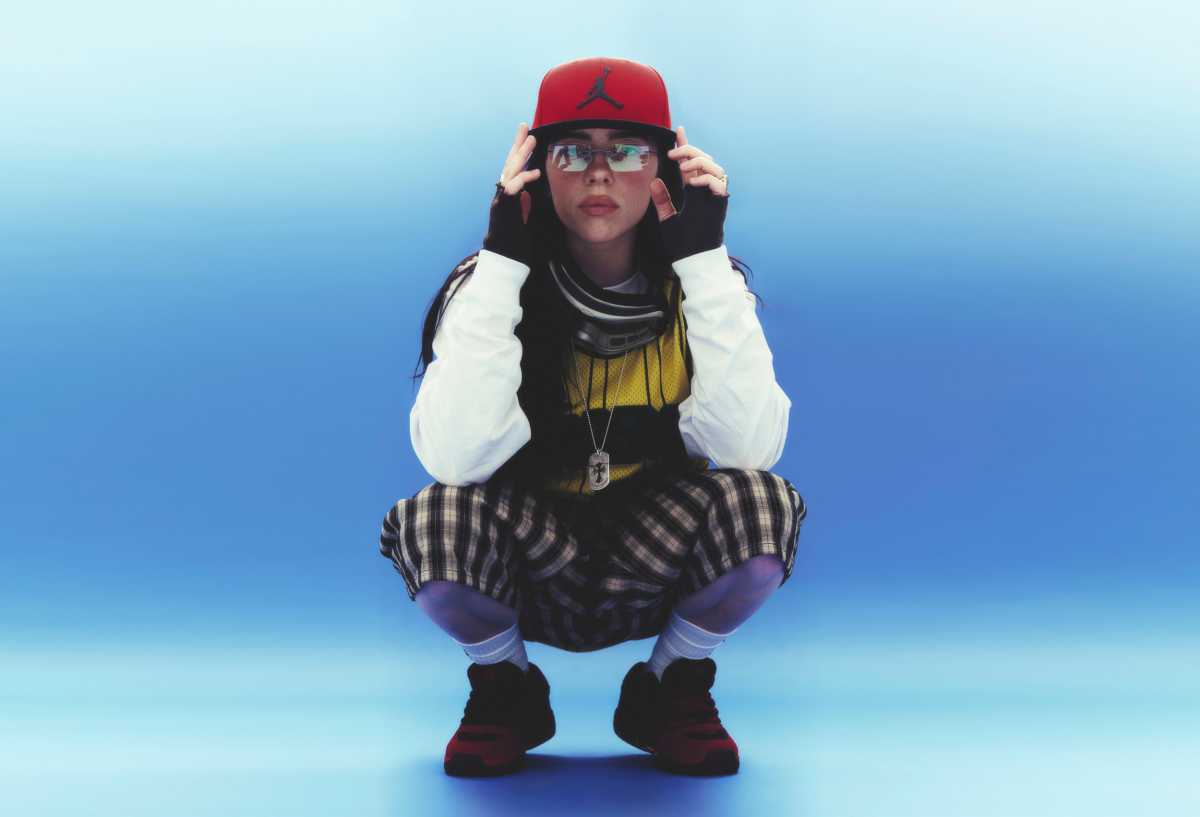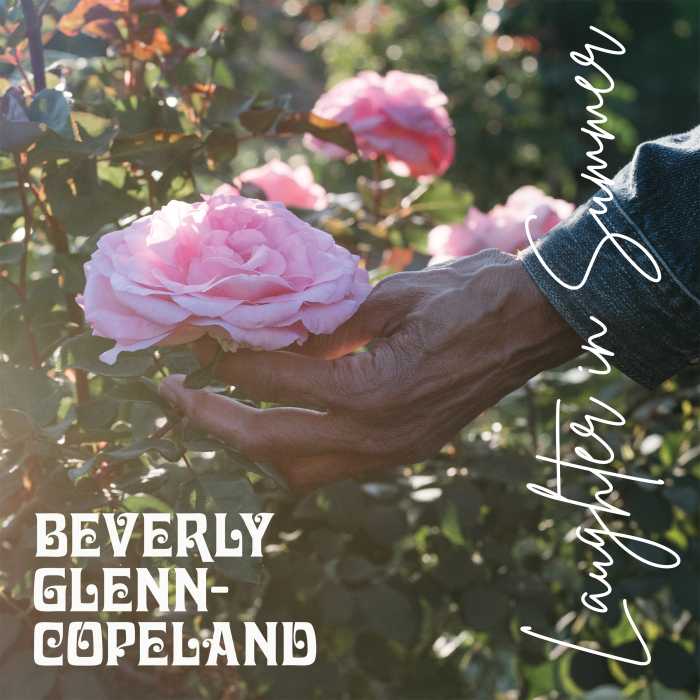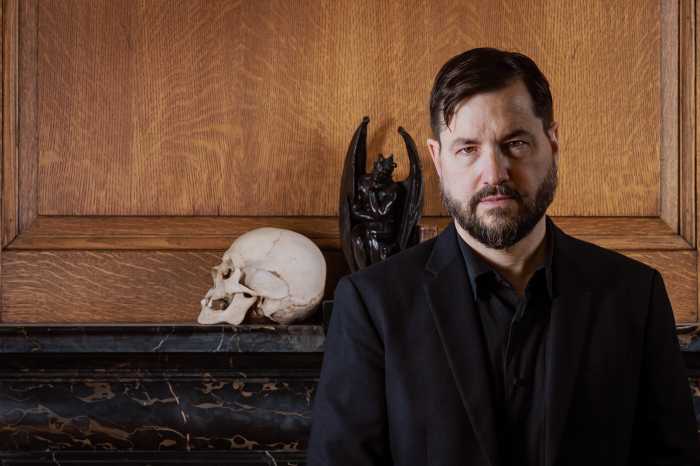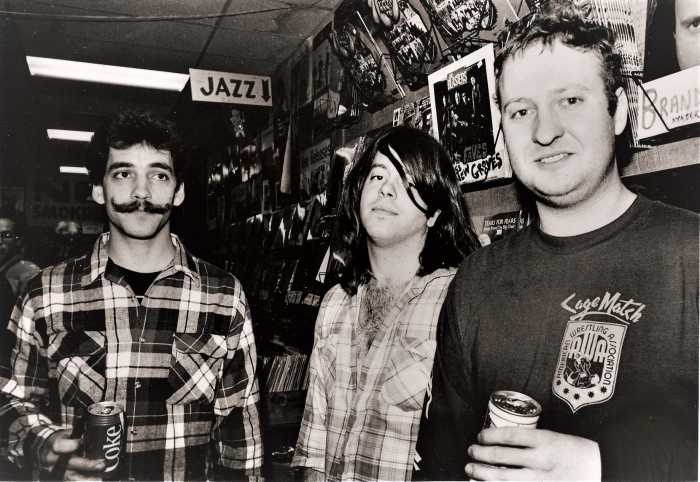This May, Gay City News listens to the latest albums by pop singer Billie Eilish, who recently opened up about her attraction to men and women, and pansexual, non-binary country artist Adeem the Artist.
Billie Eilish | “Hit Me Hard and Soft” | Interscope
Billie Eilish murmurs and whispers strong, dark emotions. Her music suggests a reservoir of feeling that’s afraid to come to the surface. Becoming one of the biggest pop stars in the world before turning 18 came with a massive downside. “Everything I Wanted,” her first single following her 2018 debut album, dreamed a suicidal fantasy as a response to the pressures of fame. “Skinny,” which kicks off her latest album “Hit Me Hard and Soft,” muses “21 took a lifetime.”
“Lunch,” which has proven to be the most popular song from “Hit Me Hard and Soft,” reaches a more optimistic place. Now 22, Eilish can still exude an adolescent brattiness. This can be seen in some of her videos, like her rampage through a closed mall in “Therefore I Am,” and comes across in the sheer excitement of the analog visuals for “Lunch.” Wearing a baseball cap and baggy clothes, she dances by herself. One of the most upbeat songs she’s ever released, much of its joy comes from acknowledging her desire for women: “I could eat that girl for lunch.”
The rest of “Hit Me Hard and Soft” is defined by constant shifts in tone and genre. Several songs use two-part structures. “Blue” reworks demos for two earlier songs, with a range that runs from hip-hop to the Great American Songbook. “L’Amour De Ma Vie” blossoms into electronic pop, with Eilish singing through Autotune, after a subdued start. The last two minutes’ new mood reflects her joy about being free from an ex: “You were so mediocre/And we’re so glad it’s over now.” When “Bittersuite” settles down into a reggae beat, an ominous synthesizer creeps in and takes over. In the album’s one misstep, “The Greatest” harkens back to ‘80s power ballads.
Eilish’s music makes no pretense of replicating a singer performing with live instruments. Her brother Finneas’ production keeps the volume tightly controlled. Her talent as a vocalist emerges through phrasing rather than ascending scales, as she tends to stick to her lowest register. Layers of reverb enhance her breathiness. Paradoxically, as much as she writes about her emotions, her music hints at the trap of affectless depression. (If you watched the apocalyptic video for “All the Good Girls to Hell” with the sound off, you’d expect heavy metal rather than the song’s warped but melodic pop.) The title track of “Happier Than Ever” was a breakthrough, with its guitar solo finally expressing open anger. “Hit Me Hard and Soft” is a full of songs about love. In fact, its opening line is “fell in love for the first time.” But the pleasures she sings about in “Lunch” are harder to find elsewhere the rest of the album. An argument, if not a full breakup, never seems far away. On “The Greatest,” she sings, “Just wanted passion from you/I waited and waited.”
Up to this point, I’ve found Eilish’s albums rather uneven, but if you compiled her best songs into one, you’d have 40 minutes of great music. Far more concise and consistent than “Happier Than Ever,” “Hit Me Hard and Soft” is her most solid work yet. An interim statement from an artist who’s still growing, it mines fertile ground from the pain of romance.
Adeem the Artist | “Anniversary” | Four Quarters/Thirty Tigers
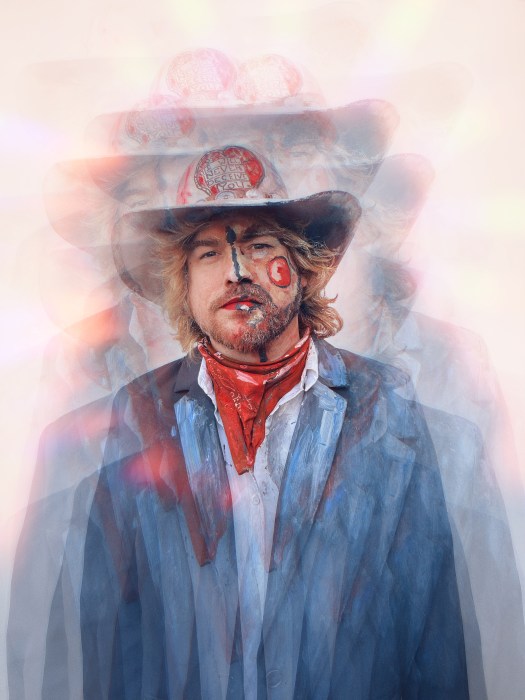
Adeem the Artist’s ascendance to prominence in the Americana scene was a long, slow path. 2021’s “Cast Iron Pansexual” proved to be their breakthrough, but it’s actually their seventh album, released after a decade of work. Operating their own Four Quarters label – albeit with wider distribution now – they’re still in the position of having to crowd-fund the $20,000 recording budget for their latest, “Anniversary.”
Adeem’s direct engagement with politics and their queerness leaps out. “Cast Iron Pansexual” was a manifesto: “I’m an interdimensional pansexual, and I don’t need repair…I’m a Marxist marching on oligarchs.” “Run This Town” mocked careerist politicians’ co-option of leftist ideas. They end “Anniversary” with “White Mule, Black Man,” a tale of Maurice Mayes’ 1919 lynching. “Nightmare” calls out right-wing Christians ‘ desire to legislate LGBTQ people out of existence by flipping the situation: “suppose some senators decide your worship is obscene…all-ages Sunday service/suddenly’s a felony.” Yet their political anger is based in the same humane sentiments as their tender ballads.
“One Night Stand” laments “he wants a one-night stand, I want a life full of nights with him.” “Rotations” takes the other side, celebrating a long-term relationship while recognizing death’s inevitability. They have absolutely no interest in looking cool. Sometimes, this bluntness crosses a line into simplistic corniness, as when “Wounded Astronaut” plugs therapy as a cure for sexism. But their fearlessness pays off most of the time: “Nightmare” is a queer protest song that comes up to the challenge of this moment’s repression.
The production funds paid off audibly. Adeem’s rockers keep up the energy, especially the Lynyrd Skynyrd-snorting-Adderall rush of “Plot of Land,” while the ballads glow with warmth. Even with honky tonk piano, “Nancy” resembles Bruce Springsteen. A Dixieland jazz influence on “Socialite Blues” is the biggest surprise. They acknowledge country tradition: “One Night Stand” recalls dancing to Loretta Lynn’s “First City.” Adeem’s music integrates rock influences with banjo and pedal steel. They’ve recorded a series of songs dissing conservative musicians like Jason Aldean and Toby Keith: “I Wish You Were A Cowboy” reads Keith to filth, telling him “you turned my culture into a parody/milking laborers for your prosperity.” Adeem stakes a claim for country (a tag they prefer to Americana) as queer, left-leaning music.

